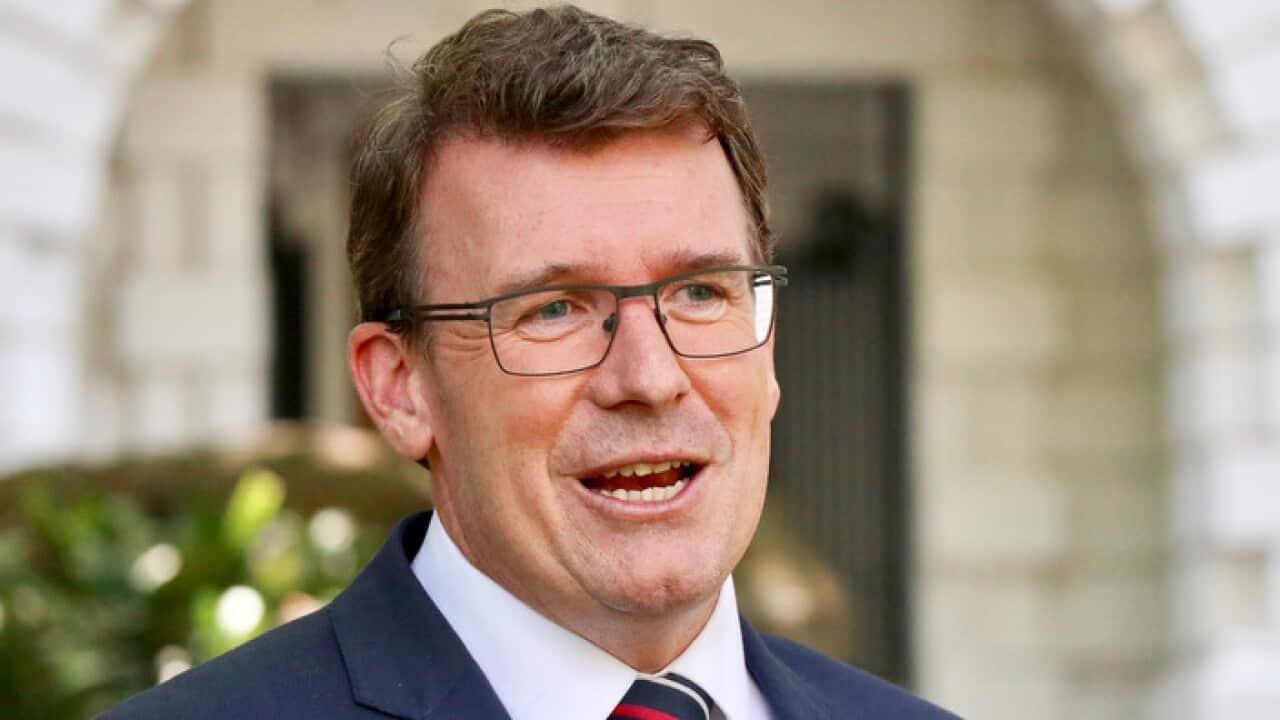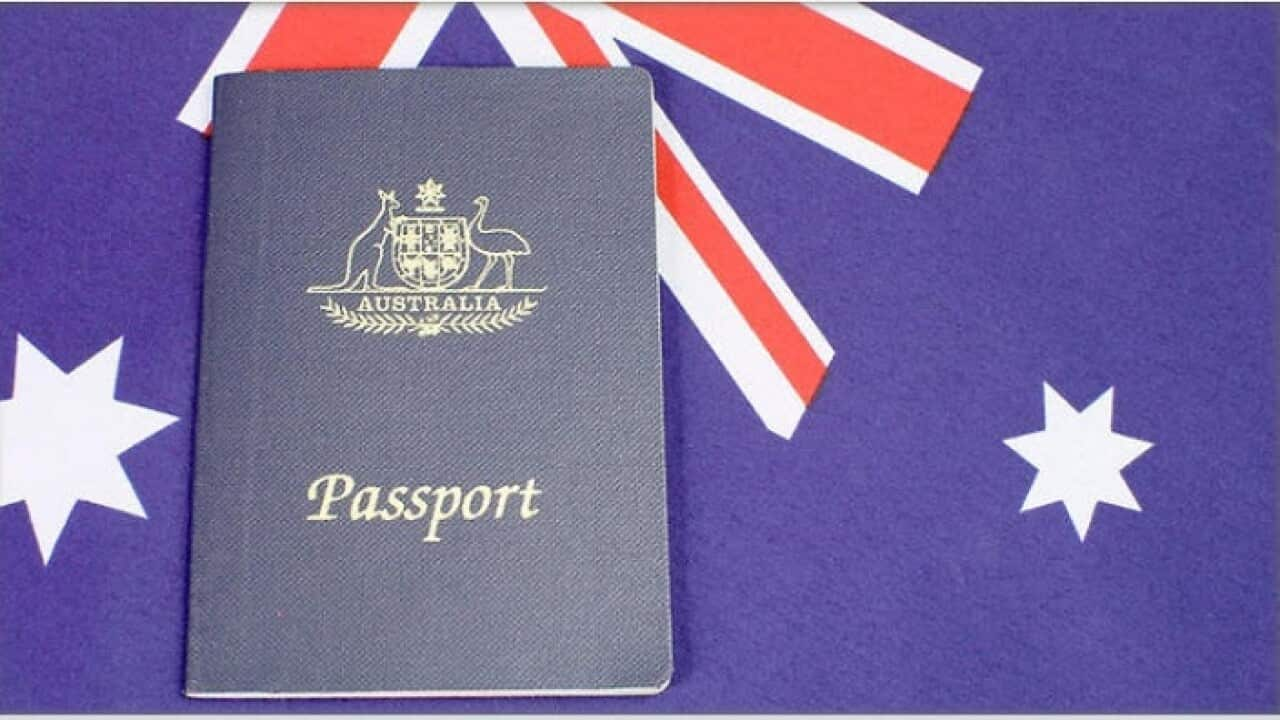"We are the most successful multicultural country in the world with 28 percent of our population born overseas, who are all well integrated into Australia", said Mr Tudge.
"Compare that to the USA, where only 13 percent of the population is born overseas."
But several people across Australia have contacted SBS Punjabi, saying that 'goal posts are constantly shifting', with the skills list changed frequently and often without notice, immigration laws being changed (even retrospectively), longer waiting periods for access to welfare payments, greater English language requirements and the introduction of a new citizenship test by the Coalition government.
Many SBS Punjabi listeners have shared personal stories of living in Australia for over 10 years and still being unable to obtain a permanent residency because of these shifting goal posts, and also because of the enormous delays in application processing times.
But Mr Tudge doesn't agree that things have become tougher for migrants.
"If you look at the statistics, it's definitely not become harder for migrants. Last year 190,000 people became permanent residents in Australia, just like the year before last. That's the reason why 28 percent of Australians are now overseas-born, as compared to earlier when the number was 25 percent ."
Disagreeing that the Turnbull government has been too tough on migrants, Mr Tudge said, "The record shows that we welcome as many people into the country as any other government previously."
So we asked, why change the laws that have worked so well in the past?
The Minister said, "We have to adapt to the changing times. We face national security challenges, almost 1 million Australians currently have little or no English skills which creates a pressure on social cohesion, and we have to keep adjusting our skilled occupations list so that we fill gaps in our job market - so naturally, adjustments have to be made."
"We want to attract the best and the brightest people to our country - and ours is a country built in immigration."
"The Indian community has contributed enormously to the fabric of Australia, especially in the past decade, and we would like to see that continue," said Mr Tudge.






